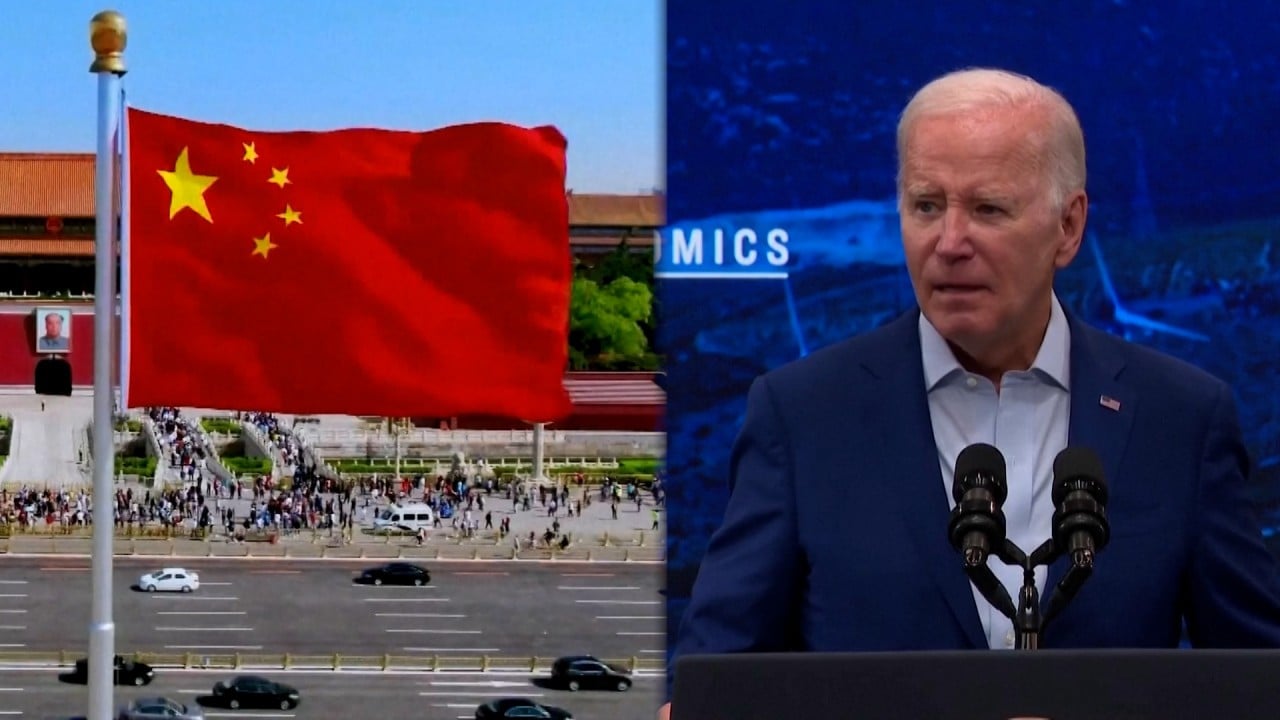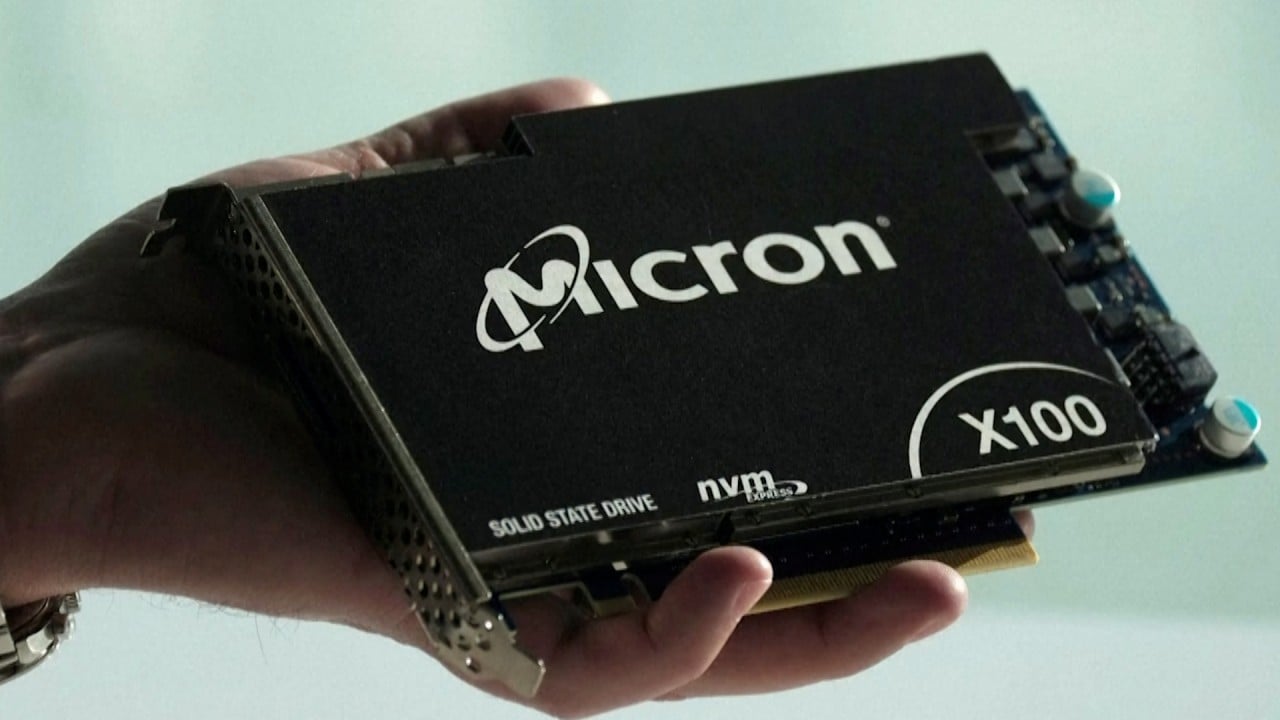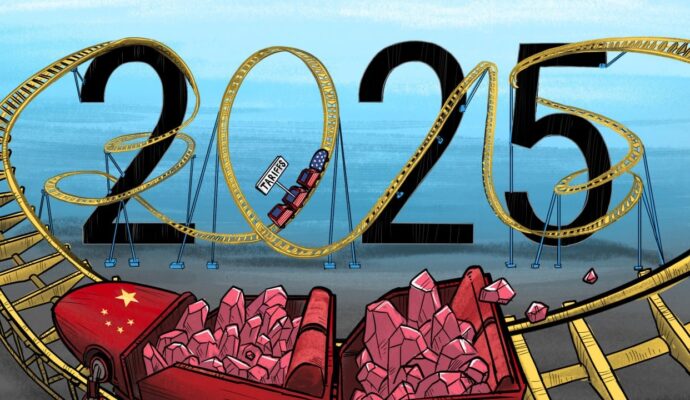It said the areas were targeted because they related to “military, intelligence, surveillance or cyber-enabled capabilities”, constituting an “unusual and extraordinary threat” to Washington’s national security.
Quantum technology exploits physical phenomena at the atomic and subatomic scales and while it is an area that is less commercialised compared to semiconductors or AI, it has the potential to have a big impact on both the civilian and military sectors once the technology is put to practical use.
“[The executive order is] a recognition of the modernisation of the Chinese military … The hope is by slowing down their acquisition of these emerging technologies, it will preserve some margin of advantage for the US,” said James Lewis, a senior vice-president and director of the strategic technologies programme at the Washington-based think tank Centre for Strategic and International Studies.
Quantum technology can mathematically break encryption protecting sensitive communications and information, which makes it a key technology in the future of the defence industry.
Advertisement
It could deliver an advantage in developing radar that can detect submarines and stealth aircraft and enable sensitive intelligence to be decrypted amid an increasing military build-up against the US in the Asia-Pacific region.
“[If] China is able to read all encrypted traffic, it would be a huge upset to stability, and that’s, I think, where the greatest risk is right now,” Lewis said.
Chinese scientists see ‘little influence’ from US hi-tech investment ban
Chinese scientists see ‘little influence’ from US hi-tech investment ban
Advertisement
Lewis said that while the investment ban might make it difficult for Chinese companies to compete in the global market, it would not restrain China from developing its own quantum computing technologies.
“China has done very well on its own. This will slow them down a little, but it won’t stop them by any means,” he said.
Advertisement
“It’s more a question of closing off a potential vulnerability. So it’s not that tomorrow China will stop doing quantum research, but over time the US doesn’t want to find itself contributing military capabilities to China.”
Edward Parker, a physical scientist at the Rand Corporation, a Santa Monica-based think tank, agreed, saying China’s research in quantum computing was mostly funded by the government instead of US investment, and the competition for the advanced technology will continue in the future.
Advertisement
“The impact on Chinese quantum technology development will be fairly limited. Private companies that are focused on quantum technology do not seem to be the primary drivers of Chinese progress in that field,” Parker said.
Biden calls China ‘ticking time bomb’ due to economic troubles
Biden calls China ‘ticking time bomb’ due to economic troubles
“Much of their major progress in quantum tech tends to come from universities and national laboratories, which presumably get most of their funding from the Chinese government rather than from US investment firms.
Advertisement
“Quantum computing is a strategic priority for both the US and Chinese governments – as well as for many other nations – but it’s a very long game. Even 10 years from now, we may still not know which nation – if any – has ‘won’ at quantum computing.”
Advertisement



